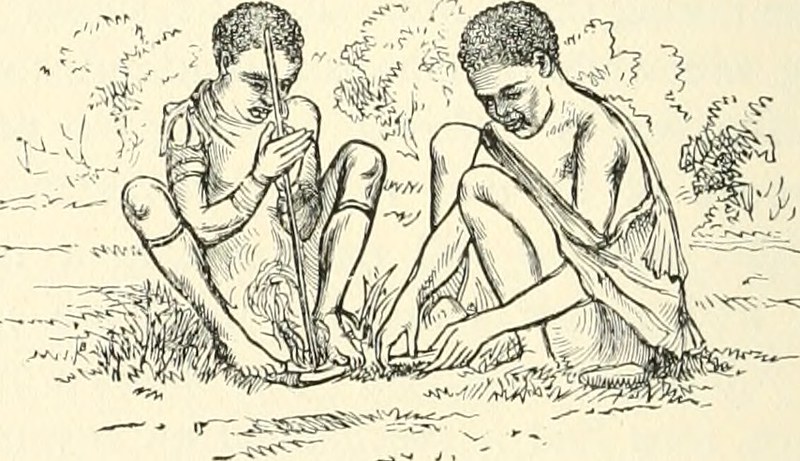{tocify} {$title=Table of Contents}
Anthropology is the scientific study of people. The aim is to understand our biological roots, our uniqueness as a species, and the great variation in our forms of social life around the world all through time.
Anthropology is focus on understanding both our shared humanity and variety, as well as connecting with other ways of being in the world.
Definition (Eric Wolf)
Anthropology is both the most scientific of the humanities and the most humanistic of the sciences.”
Definition (Ruth Benedict)
“The purpose of anthropology is to make the world safe for human differences.”
Anthropology divides into three subfields:
- Sociocultural anthropology
- Biological anthropology
- Archaeology
ANTHROPOLOGY OF SOCIO-CULTURAL
Socio-cultural focus on the meaning of specific cultures, explains cultural differences and analysis the function of cultural evolution and social transformations.
Human ecology, gender relations, culture and ideology, demography and family systems, race, class, gender inequalities, resistance movements, colonialism, neo-colonialism, and development.
ANTHROPOLOGY IN BIOLOGY
Biological anthropologists research several elements of human evolutionary biology. Some study of fossils to learn about human evolution; others compare the morphological, biochemical, genetic, and physiological adaptations of living humans to their environments; and still, others study the behavior of humans, monkeys, and apes to learn about the origins of human behavior.
ANTHROPOLOGY IN ARCHAEOLOGY
Archaeologists research several elements of the material remains of recent and last cultural systems to understand their Technical, social, and political organization, as well as the wider cultural evolutionary process that underpins them.
Was this helpful?
0 / 0
